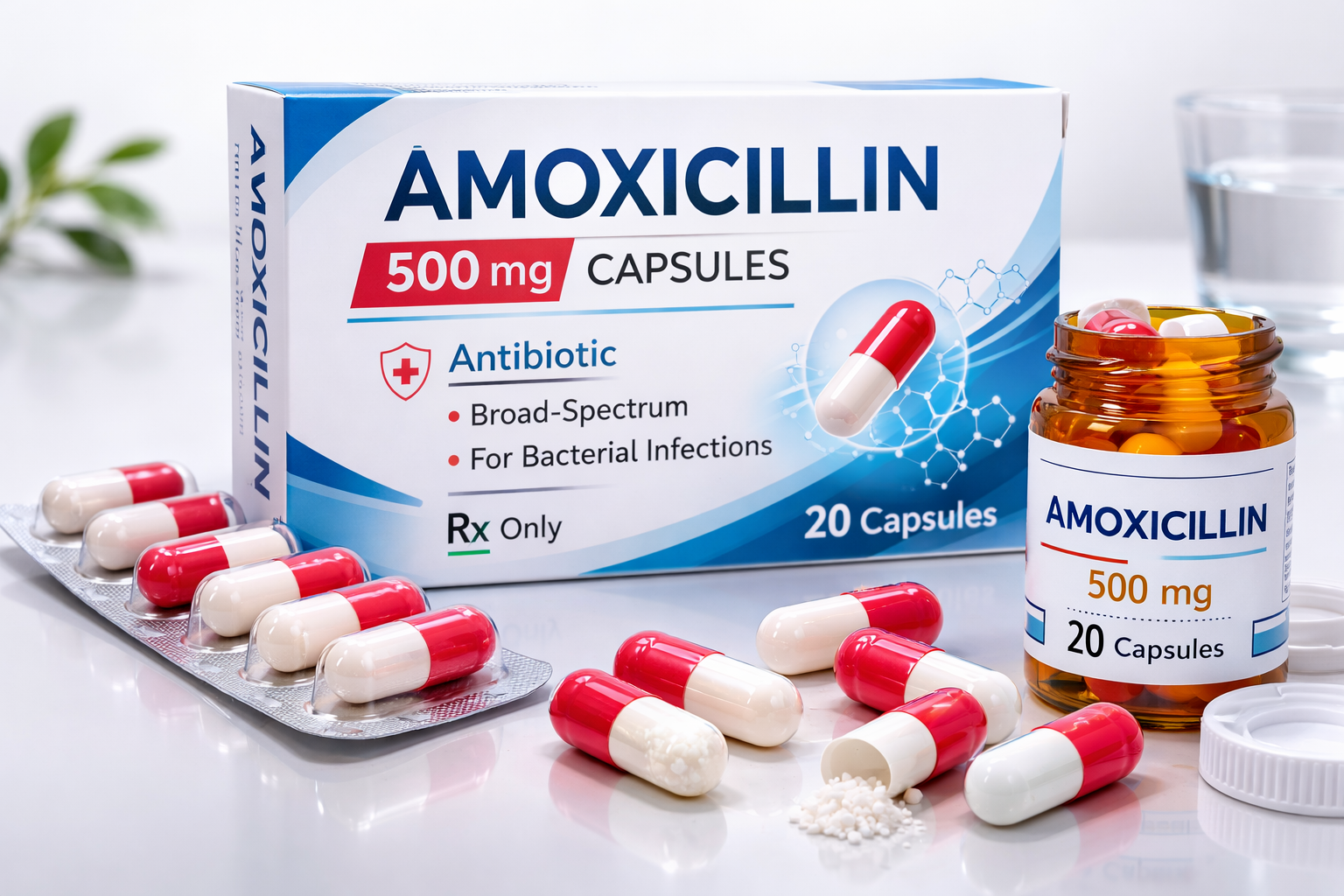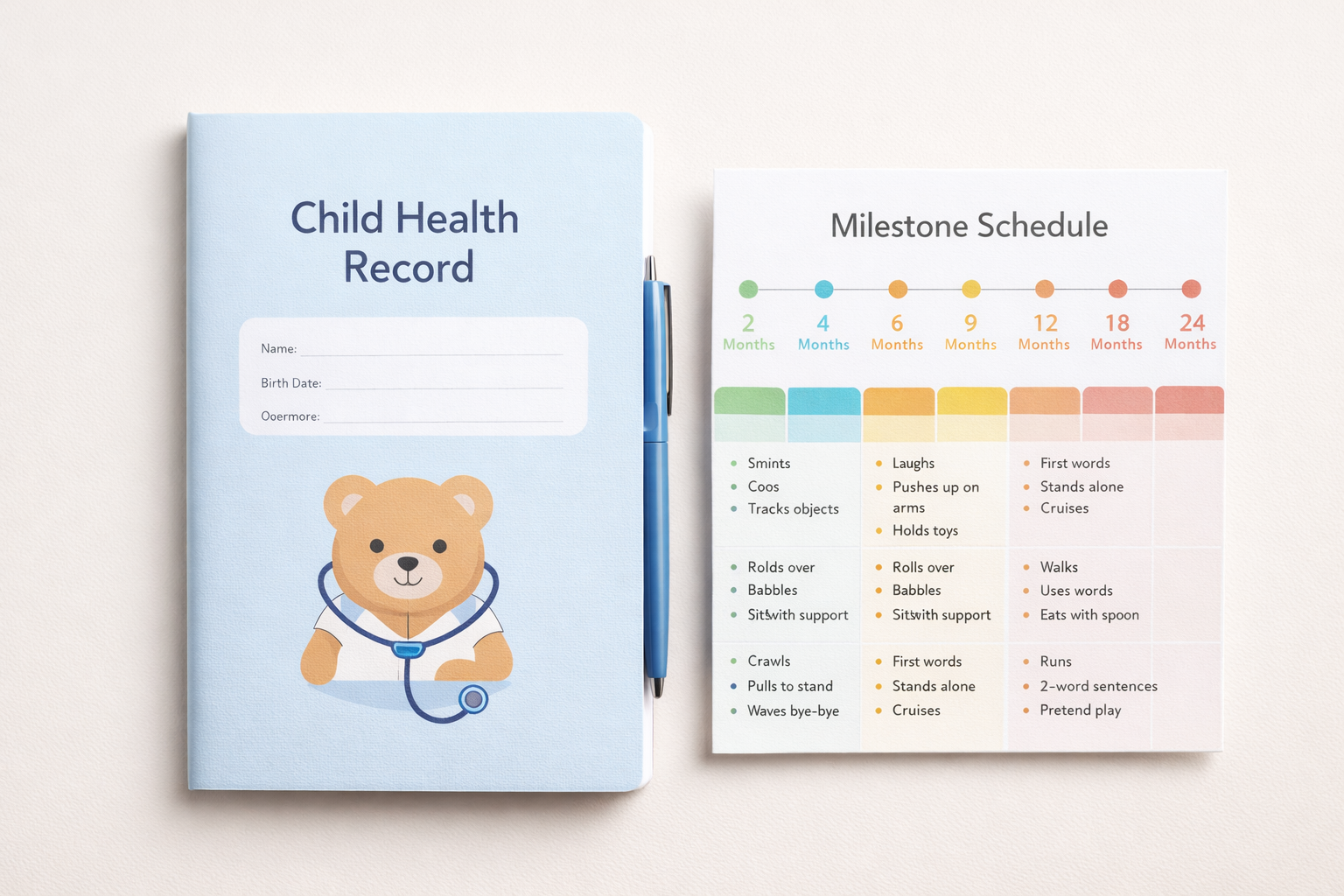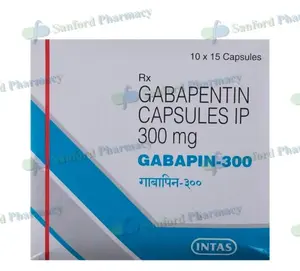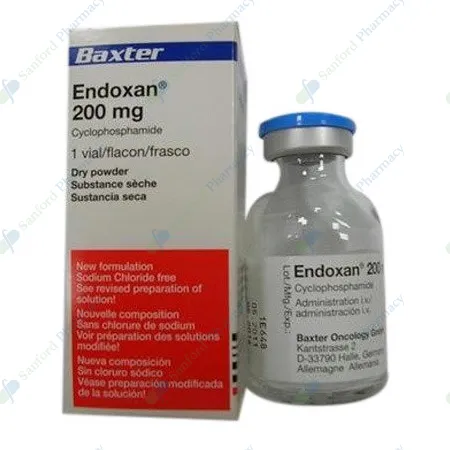Mouth Sores
 Karissa
|
Karissa
|
 13 Aug 2025
13 Aug 2025
What Are Mouth Sores and Why They Show Up
Mouth sores are those tiny but painful spots that seem to show up at the worst time. You might feel a sting while eating or brushing, then notice a small raw patch inside your mouth. They can happen suddenly, sometimes overnight, and make simple things like chewing or talking feel like a struggle.
When these sores come from constant rubbing—like from dentures or sharp tooth edges—they’re called oral pressure ulcers. It’s the same idea as getting a blister on your foot from tight shoes, but inside your mouth. They hurt, they irritate, and they just don’t let you forget they're there.
Some people deal with them more often, especially if they wear braces, retainers, or full dentures. Even a slight misfit can turn into a sore spot fast.
What Actually Causes These Painful Mouth Ulcers
The most common reason is repeated friction. A denture that doesn’t sit right, a wire from your braces poking, or a tooth edge that hasn't been smoothed can all press against the same area over and over. After a while, the tissue gives up and breaks down into an open sore.
But that’s not the only reason. A dry mouth—whether from medication, dehydration, or age—can leave your mouth more prone to ulcers. Lack of moisture means your saliva can’t do its job of soothing and protecting the soft tissue.
Some health conditions are also to blame. People going through chemo often deal with chemo mouth sores, which are deep and painful and take longer to heal. Those with autoimmune issues might develop lupus mouth sores, and people with weakened immune systems may experience hiv mouth sores or hpv mouth sores, especially if not managed well.
These types of sores usually don’t heal on their own without treatment. And if you’re prone to them, they can return more often than you'd like.
Where These Sores Usually Pop Up in the Mouth
They show up wherever there’s pressure or rubbing. You’ll often find them inside the cheeks, under the tongue, along the gums, or even on the roof of the mouth. For denture wearers, they’re common underneath the plate—especially in areas where it rocks or shifts during chewing.
Braces and retainers are troublemakers too. Wires poke or rub when not trimmed right. Even the smoothest bracket can start irritating if it’s been pressing too long against one spot.
Sometimes you’ll see sores in the corner of mouth, which can crack and bleed, especially in dry weather or after being sick. And yes, cat mouth sores are real too—if your pet stops eating or looks like it’s in pain while chewing, it’s something to get checked by a vet.
Early Signs to Watch For Before They Get Worse
Most sores don’t start as full ulcers. You’ll likely feel a tender area first—maybe a patch that feels raw, slightly swollen, or just off. It might burn a little when eating something salty or spicy.
By the second or third day, it may turn into a visible ulcer, often with a pale white or yellowish center and red, irritated edges. If you still keep using the same irritating appliance, or brushing roughly over it, it usually gets worse.
People often wait too long, assuming it’ll go away by itself. But pressure ulcers usually don't heal until the source of irritation is fixed.
Things That Make Mouth Sores Stick Around Longer
If you don’t remove the cause, the sore won’t get better. That’s rule number one. A bad-fitting denture, rough retainer edge, or wire that keeps rubbing will just reopen the tissue daily.
Dry mouth makes it even worse—there’s no natural moisture to help heal. And if you smoke, drink alcohol, or eat too much spicy or acidic food, that sore’s going to take its time closing up.
Using toothpaste with SLS (sodium lauryl sulfate)? That can also delay healing or even cause more sores in some people.
In people living with HIV, lupus, or HPV, sores can linger longer and may come with additional pain or swelling. HIV sores in mouth can sometimes look like deep ulcers or raised patches, and they often need prescription medication to treat.
How to Treat Mouth Sores Caused by Pressure
First, deal with the source of pressure. If it’s a denture, you might need to get it adjusted. A rough tooth? Dentist can smooth that edge. Retainer or wire rubbing? Ask your orthodontist to trim or realign it.
While waiting for healing, rinse a few times a day with salt water—it cleans and soothes the tissue. You can also use a mild mouth wash for sores, preferably alcohol-free, to avoid burning the ulcer.
There are numbing gels and protective pastes you can apply directly to the sore to block pain and prevent more friction. For stubborn or chemo mouth sores, prescription rinses may be needed to manage pain and avoid infection.
Sanford Pharmacy carries several over-the-counter options to help ease pain, reduce swelling, and form a protective layer while the sore heals.
When It’s Time to See a Dentist or Doctor
If your sore isn’t healing after 7–10 days, or it’s getting larger, more painful, or starts to bleed—it’s time for help. Even if you think it’s just from pressure, better to get it checked than wait too long.
Persistent mouth ulcers can sometimes be a sign of something more serious, especially in people with immune disorders or chronic illness. Conditions like HIV, HPV, or lupus may cause sores that don’t heal like regular ulcers.
Unusual pain, swelling in nearby lymph nodes, or multiple sores popping up at once are all reasons to schedule a visit.
How to Prevent Pressure Ulcers Inside the Mouth
Make sure your dentures, braces, or retainers fit like they should. Don’t ignore small discomforts—those become ulcers if left too long.
Use orthodontic wax on brackets and wires to cushion the sharp edges. For dentures, try soft liners or pads in areas that tend to rub.
Stay hydrated—drink water throughout the day. Keep your mouth clean with gentle brushing and flossing. Avoid hot, acidic, or spicy foods if your mouth feels sore or irritated.
Sanford Pharmacy also offers mouth wash for sores designed to be used daily for prevention—not just when sores show up.
Caring for Someone Else Who Has Mouth Ulcers
If you’re taking care of someone who can’t speak up—like a parent in recovery, or an elderly loved one—check their mouth regularly. Look for red, swollen spots, ulcers, or places where the dentures press too hard.
If they stop eating certain foods, grimace while chewing, or avoid brushing a particular area, those might be signs something’s wrong.
You can help them rinse with salt water or apply soothing gels. Keep their dentures clean and talk to their dentist if you spot something unusual. A quick fix early on can save a lot of pain later.
At Sanford Pharmacy, we stock relief products not just for individuals but for caregivers too—everything from rinses to cushions and numbing gels, all to make healing faster and more comfortable.
Categories

How Long Does Amoxicillin Stay in Your System?
 Graciela
Graciela

Can Newborns Get Infections from Visitors?
 Tobias
Tobias

Signs of Developmental Delays in Infants!
 Justice
Justice

What Vaccines Are Required for Toddlers?
 Molly
Molly

Is Baby Getting Enough Breast Milk?
 Monserrat
Monserrat









.webp)
.webp)
-(2).webp)

.webp)